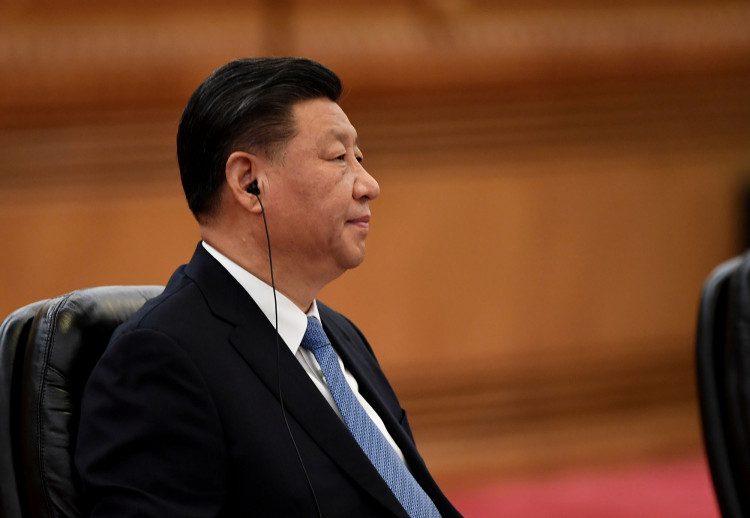The Trump administration continues its wide-ranging political and economic pressure campaign to contain China, with secretary of state Mike Pompeo saying Washington will keep going after China and promising tougher anti-China moves.
As part of that pressure, a bill called the "Name the Enemy Act" introduced at the House of Representatives will prohibit the U.S. government from referring to Xi Jinping as president of the People's Republic of China. It contends that as Xi was appointed by the Communist Party of China (CPC) and not freely elected by the Chinese people in a democratic election, Xi's rightful title should either be general secretary of the CPC or chairman of the central military commission (CMC).
CMC controls the People's Liberation Army (the armed forces), the People's Armed Police (the internal security agency) and the China Militia (the PLA reserve force). Pompeo now calls Xi general secretary, and not president, as part of the Trump administration's campaign to emphasize the Communist government wasn't elected into power by the Chinese people.
On Friday, Pompeo also vowed to "continue to go after" China if the country insists Chinese companies such as TikTok and WeChat are "beholden to their security apparatus."
"This is a serious effort, this is a serious risk and President Trump is serious about protecting our information, our networks and the American people," said Pompeo in a CNBC interview.
Pompeo also said the State Department is working with the Department of Commerce and Department of Defense to limit the ability of Chinese cloud service providers to collect, store and process data in the U.S.
He also said the Trump administration will keep "untrusted" Chinese tech apps like TikTok and WeChat from U.S. app stores. Pompeo has previously said companies like TikTok and WeChat with parent firms based in China are huge threats to personal data of American citizens and are tools for Chinese Communist Party content censorship.
Pompeo, also, talked about the administration's Clean Network initiative aimed at curbing potential national security risks such as those from Chinese tech firms.
Despite these hostile moves, Pompeo said the Trump administration remains open to talks with China. The U.S., however, will maintain its tough stance against China during these talks, whenever they might be.
Introduced by Rep. Scott Perry, a Republican from Pennsylvania on Friday, the Name the Enemy Act would prohibit Xi from being called China's president in any U.S. government document. It will ban the use of federal funds for the creation or dissemination of official documents and communications referring to Xi as "president."
Documents show the Trump administration has referred to Xi as either CPC secretary general or CMC chairman since May. Xi is no longer referred to as president or head of state of China.





